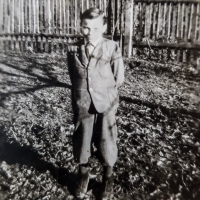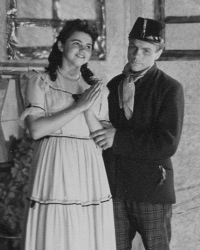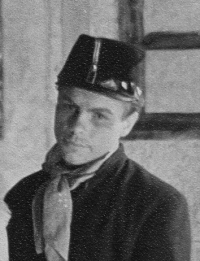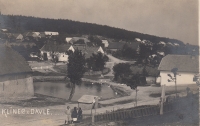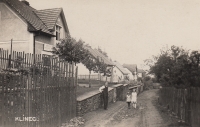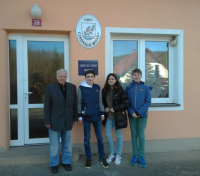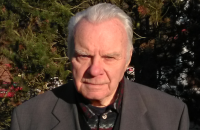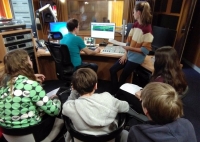Helping your neighbour

Download image
Zdeněk Rychlý was born on February 11, 1933 in Klínec, near Prague. During the war, when he was at home alone with his sister, he experienced a house search by the Gestapo, his father underwent interrogations in the so-called Pečkárna. He trained as an electrical engineer and worked in this field all his life. In addition, he has been a volunteer firefighter since 1951 and has received the highest national award. His big hobby was amateur theatre, because of which he almost got into the PTP divisions during the war. He experienced the August occupation of 1968 as an employee of chocolate factories in Modřany. November 1989 was not experienced intensively, but he participated in various meetings within the village. To this day, he regrets the disintegration of Czechoslovakia.
